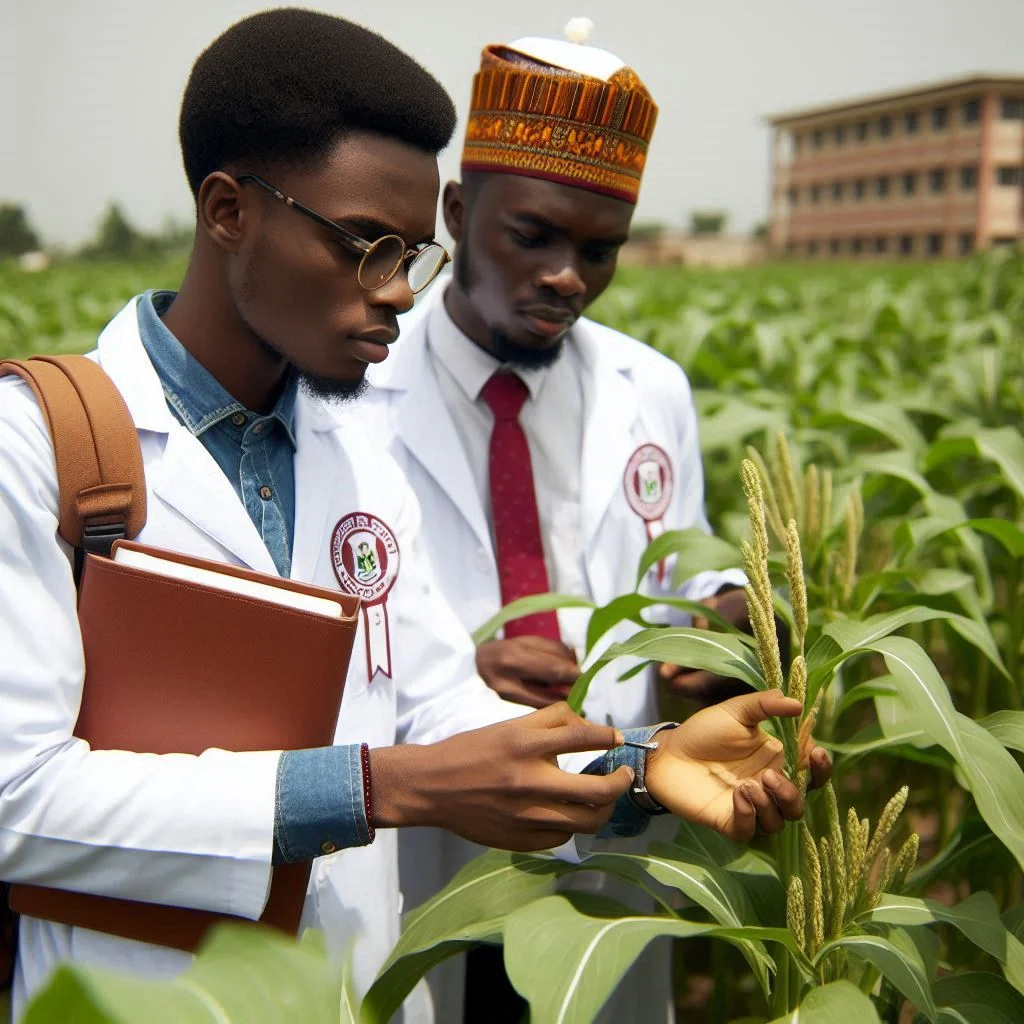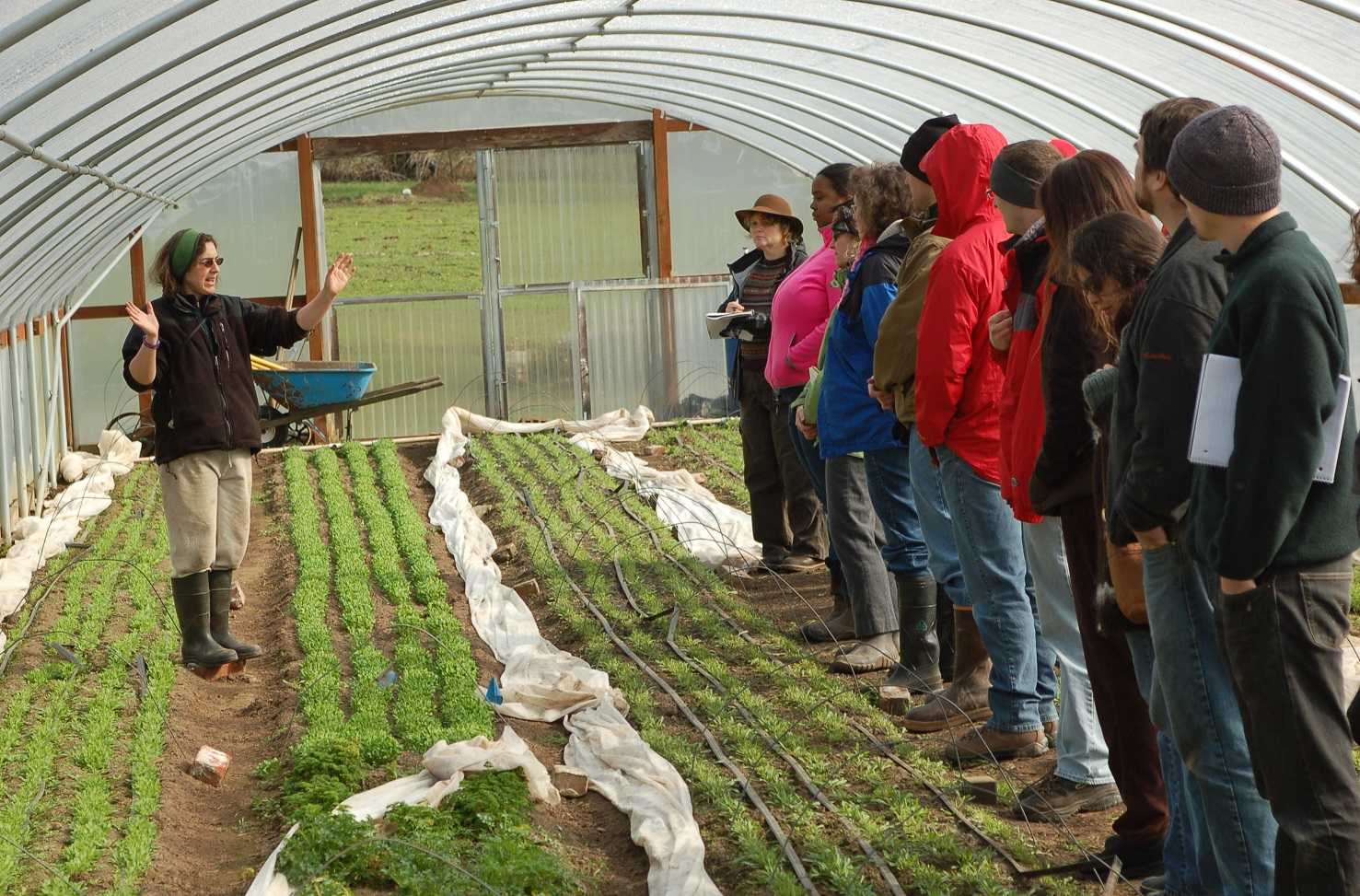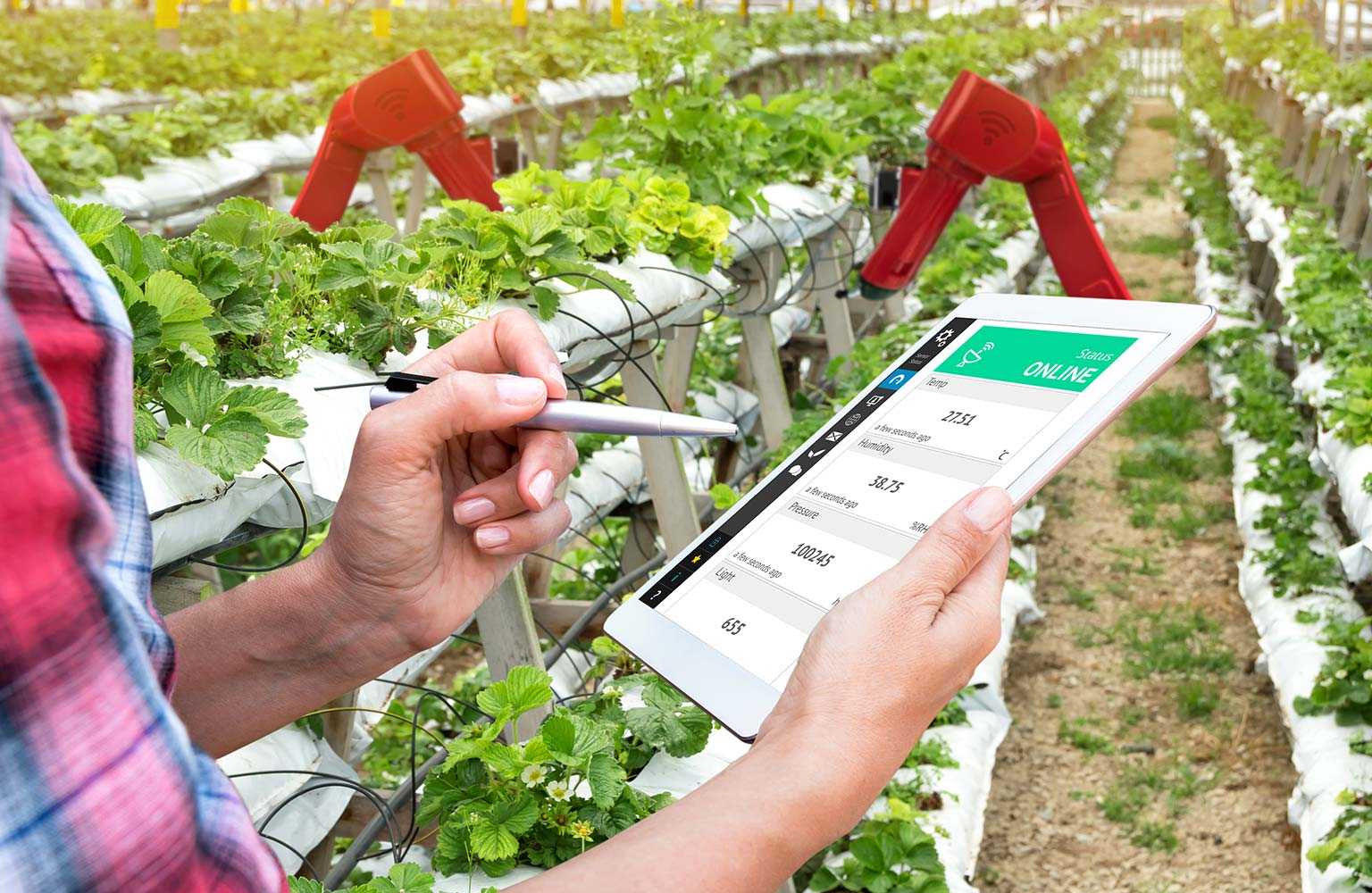The Rise of Farming Educational Workshops and Webinars
Observing the growth in farming educational workshops and webinars, it’s clear they’ve become pivotal in vice versa learning for farming aspirants and professionals.

Latest Videos
Best practices for farm tours, workshops & farm-based education
How to Start a Small Farm | A Step-by-Step Guide
Types of Farming Workshops and Webinars

On-Site Farming Workshops
Rooted in traditional learning, on-site farming workshops offer on-ground, practical exposure to farming techniques. Most often, these workshops take place at farm locations where learners get hands-on experience. Participants experience tasks such as soil testing, crop rotation, pest management, and organic farming first-hand. Additionally, on-site workshops often provide a platform for networking and direct interaction with industry experts. For example, Soil Association – a UK-based organization – conducts regular on-site workshops catering to organic farming techniques.
Online Farming Webinars
Online farming webinars are a burgeoning trend in the farming world, appreciated for their flexibility and convenience. Webinars take place in real-time, letting learners directly engage with presenters from their own homes. Topics covered can range from sustainable farming practices to the latest advancements in agricultural technology. Interactive elements such as live chatting, Q&A sessions, interactivity tools amplify the learning experience. The UK-based platform, FutureLearn, offers an impressive selection of farming webinars led by subject matter experts. Meanwhile, the globally recognised platform, Coursera, hosts comprehensive courses designed by universities and professional organisations.


Impact on Agricultural Practices
Through content-rich workshops and webinars, farmers acquire substantial knowledge on effective farm management. These platforms present expertise on comprehensive elements in the farming value chain, covering the correct use of machinery, soil fertilisation, animal husbandry, pest control, and crop rotation. A specific instance is FutureLearn’s course on “Agriculture, Economics and Nature,” that offers robust discussions on resource allocation in farming.
An undeniable impact of farming courses is the spread of sustainable farming practices. The courses dispense a wealth of information, promoting awareness and understanding of eco-friendly measures, which in turn encourages its adoption. Subjects range from Greenhouse Gases (GHGs) emission reduction, organic farming methods, water conservation to vermicomposting. Coursera is one platform that provides a series of courses on “Sustainable Agricultural Land Management,” where the learner gains insights into the use and significance of environmentally friendly farming methods.
Factors to Consider
Choosing the Right Farming Workshop or Webinar
Area of Specialisation: Primarily, look into whether the workshop or webinar addresses your areas of interest. If you’re honing in on organic farming, choose webinars like “Organic Farming for Sustainable Agricultural Systems” that FutureLearn offers.
Duration and Flexibility
Practical Exposure
Accreditation